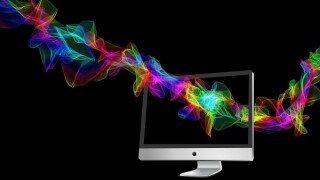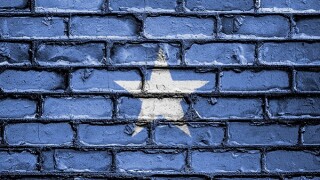-
Sponsored by Bird & BirdKatharine Stephens of Bird & Bird considers the key takeaways from the open consultation calling for views on the impact of AI on IP rights
-
Sponsored by Katten Muchin RosenmanKaren Artz Ash and Alexandra Caleca of Katten Muchin Rosenman explore the legal battle between a popular bridal designer and a bridal gown company over the use of social media accounts
-
Sponsored by IncoproIncopro’s report highlights how e-commerce platforms can protect consumers from repeat offenders and why a uniform approach is needed to significantly reduce illicit sales
-
Sponsored by InspicosJakob Pade Frederiksen of Inspicos P/S assesses the legitimacy of the EPO’s adaptation of video conferencing solutions in proceedings
-
Sponsored by Hechanova GroupEditha R Hechanova of Hechanova & Co Inc explains the main provisions of the two memorandum circulars that call for more effective mediation services
-
Sponsored by Cabinet Beau de LoménieSuzanne Orian and Nicolas Underwood of Cabinet Beau de Loménie outline the key elements from the EPO Enlarged Board of Appeal’s long-awaited decision in Case G1/19
-
Sponsored by ABE & PartnersTakanori Abe of Abe & Partners looks at a recent case where it was alleged that Toshiba Visual’s sale of LCD TVs, equipped with LEDs, infringed Nichia’s LED patents
-
Sponsored by Gorodissky & PartnersVladimir Biriulin of Gorodissky & Partners discusses a trademark dispute ruling, by the Chamber of Patent Disputes, concerning religious beliefs
-
Sponsored by Gün and PartnersGüldeniz Doğan Alkan and Dilan Sıla Kayalıca of Gün and Partners consider the supervisory power of Turkey’s Court of Cassation and its role as a court of precedents
-
Sponsored by Spoor & FisherMatthew Costard of Spoor & Fisher welcomes the news that trademark registration is possible, once again, in Somalia
-
Sponsored by Januar Jahja & PartnersMitha Fuji Adiati and Iis Riskaningsih of Januar Jahja and Partners provide an update on changes to the patent law
-
Sponsored by Maiwald Intellectual PropertyStefanie Parchmann and Damla Simsek of Maiwald Intellectual Property consider a patent case ruling by the German Federal Court of Justice
Managing IP is part of Legal Benchmarking Limited, 1-2 Paris Gardens, London, SE1 8ND
Copyright © Legal Benchmarking Limited and its affiliated companies 2026
Accessibility | Terms of Use | Privacy Policy | Modern Slavery Statement
Cookies Settings











